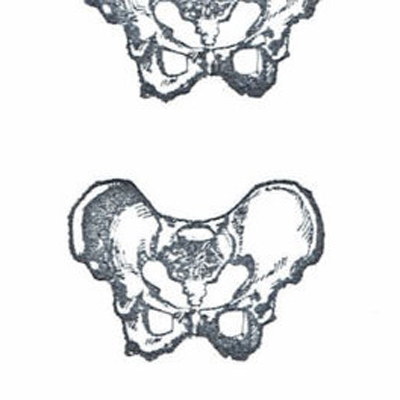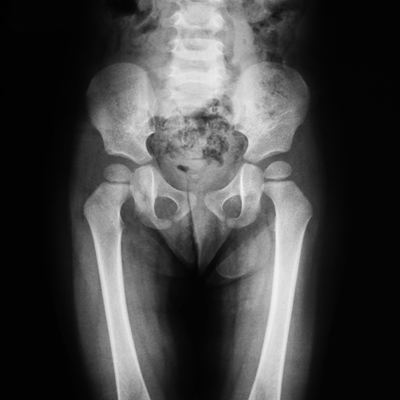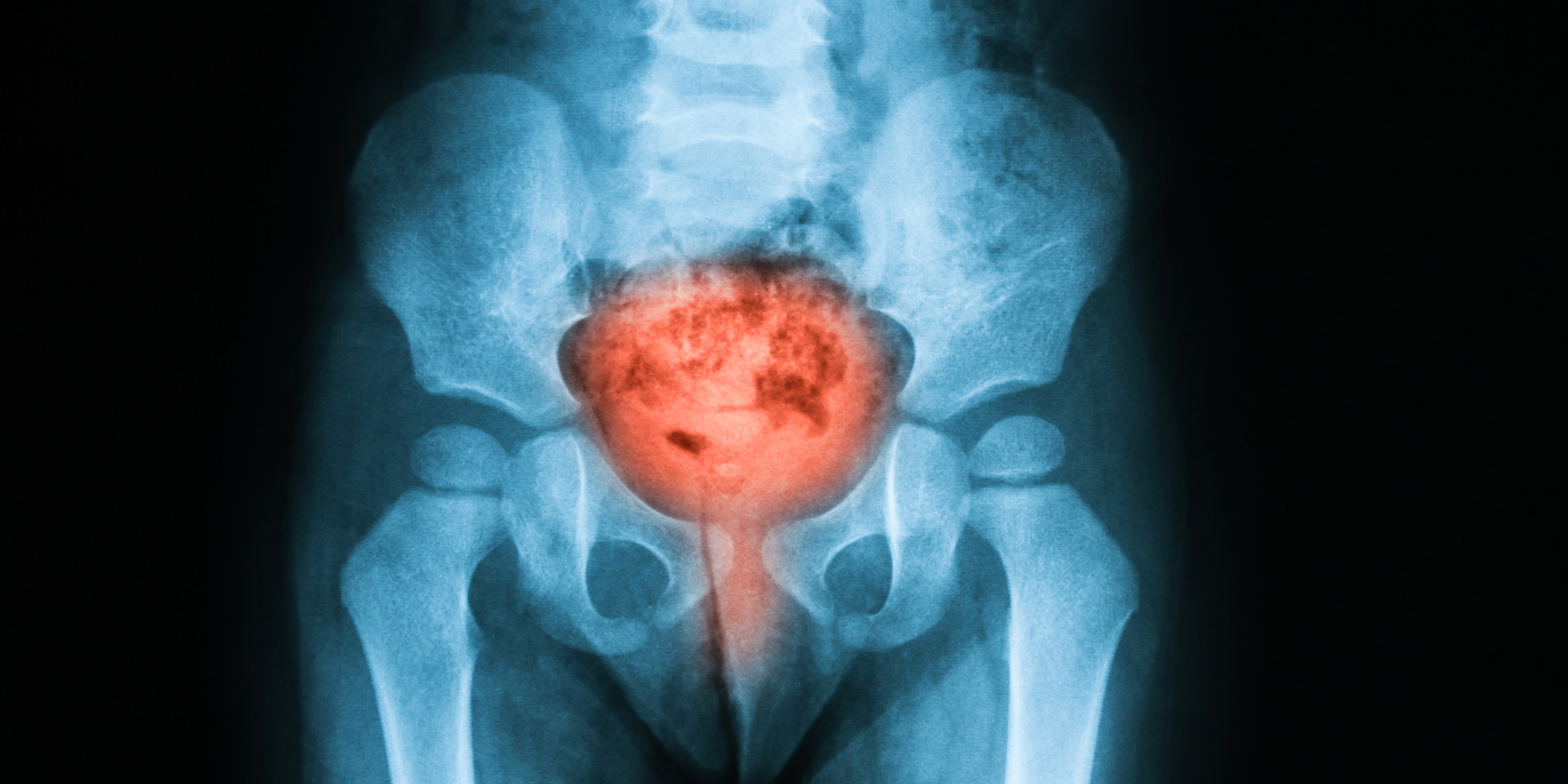A simple urine test may be a more accurate predictor of returning bladder cancer than current cytology
TMR’s picks from the leading medical journals:

Alendronate cuts hip risk
Older patients who take prednisolone for inflammatory conditions may benefit from treatment with the osteoporosis drug alendronate because it reduces the risk of hip fracture, a retrospective cohort study has found.
Swedish researchers used a national database to identify 1802 patients who had alendronate prescribed after at least three months of oral prednisolone treatment and 1802 patients who were taking prednisolone without alendronate. The mean age of the cohort was 79.9, and 70% were women.
After a median follow-up of 1.32 years, 27 hip fractures occurred in the alendronate group while 73 were recorded in the non-alendronate group.
JAMA 2017; online 13 July

Bladder cancer urine test
A simple urine test may be a more accurate and robust predictor of returning bladder cancer than current cytology, French researchers have found.
The study tested the urine of 348 bladder cancer patients for a faulty protein called TERT.
This test was able to predict the return of bladder cancer in more than 80% of the patients, compared with 34% for cytology.
The machine-read test was also able to distinguish cancer from urinary-tract infections, meaning it was “robust, and unlikely to give misleading results”, the researchers said.
The test also detected bladder cancers that had not spread to the muscle wall earlier than cytology was able to.
British Journal of Cancer 2017; online 6 July

Concerns over PHN funding
Primary Health Networks need resources to ensure their commissioning and competitive tendering processes do not undermine equity in healthcare, a Flinders University study suggests.
The shift to PHNs commissioning services from the Medicare Locals’ focus on service delivery might help lift efficiencies and build partnerships, but the potential impact on equity is a concern, the study says. It warns against a loss of local expertise and the important role of Aboriginal Community Controlled Health Services in local primary care.
The paper also notes concern that PHNs’ “priorities and funding models” are moving away from prevention and health promotion to illness management, saying this needs addressing to achieve long-term efficiency, effectiveness and equity.
MJA 2017; online 17 July

Vax hope for gonorrhoea
Treatment with the meningococcal group B vaccine can reduce the likelihood of contracting gonorrhoea compared with unvaccinated people, a New Zealand study of more than 14,000 has shown.
Using data from people aged 15 to 30 who had gonorrhoea or chlamydia or both, the researchers found vaccinated individuals in the control group (chlamydia only) had a 31% reduced subsequent incidence of gonorrhoea.
The authors said the study was the first to show any vaccine protection against gonorrhoea at a time when some strains of the bacterium were becoming increasingly resistant to antibiotic treatments.
Lancet Infectious Diseases 2017; online 10 July


